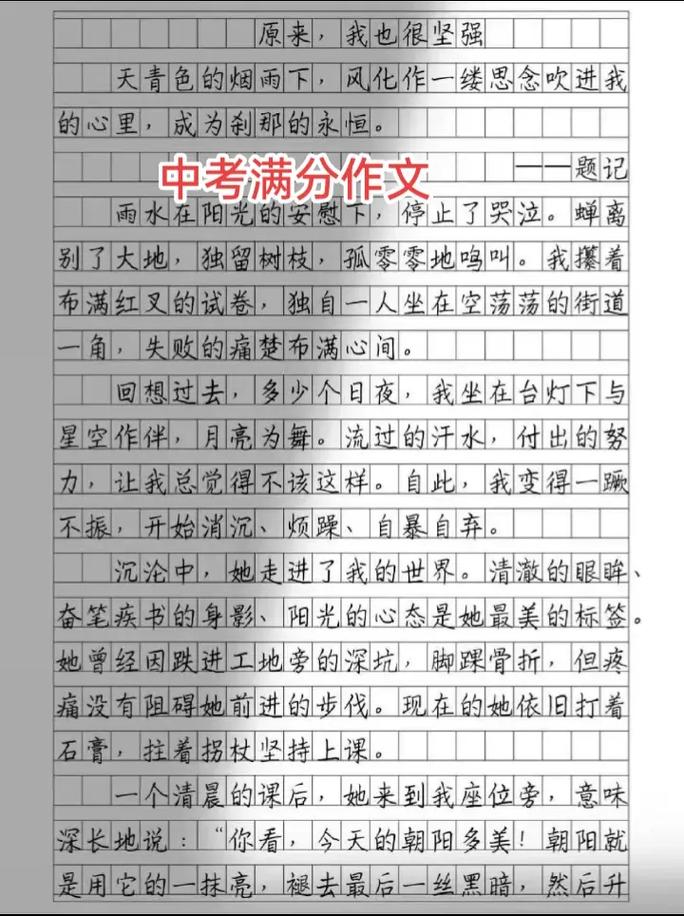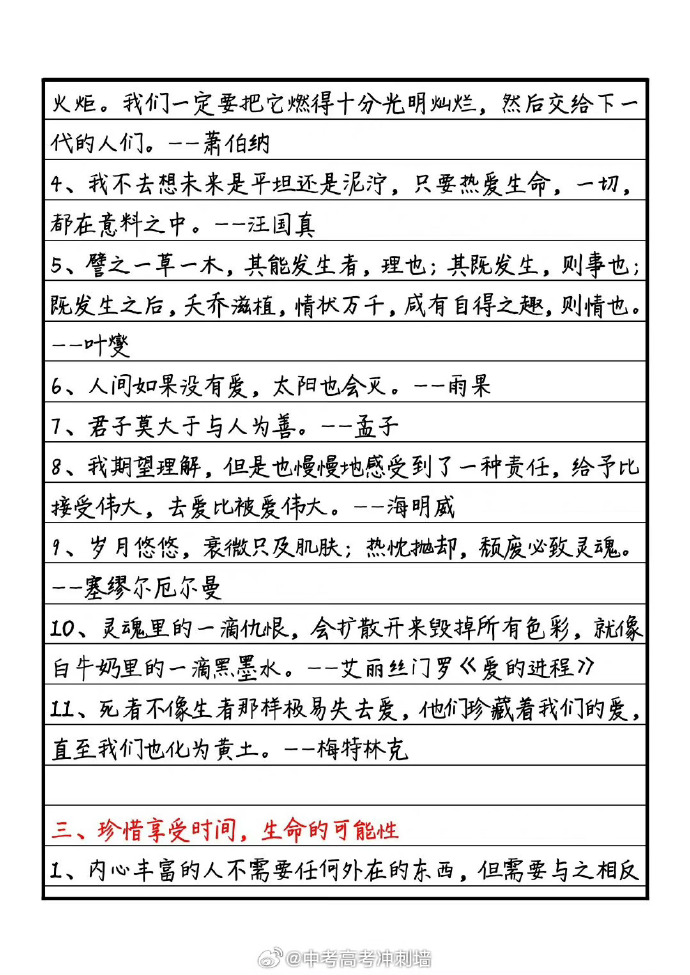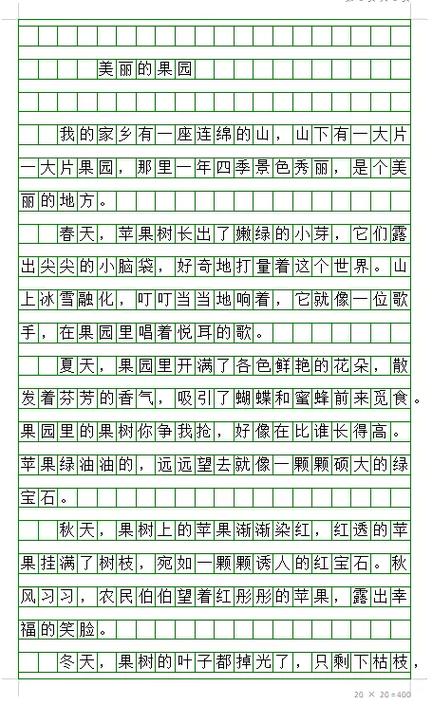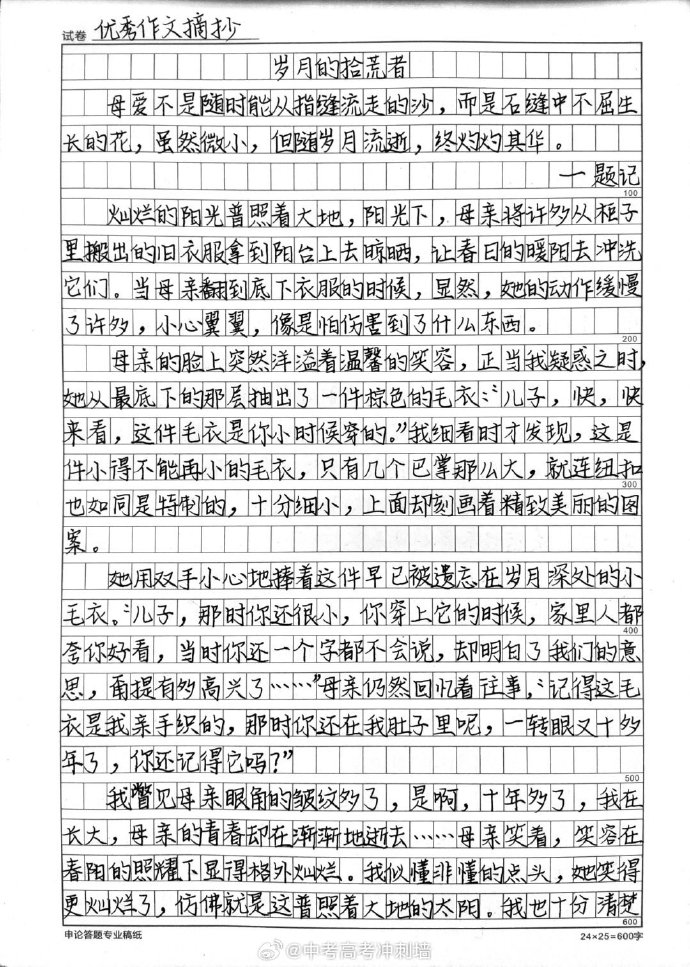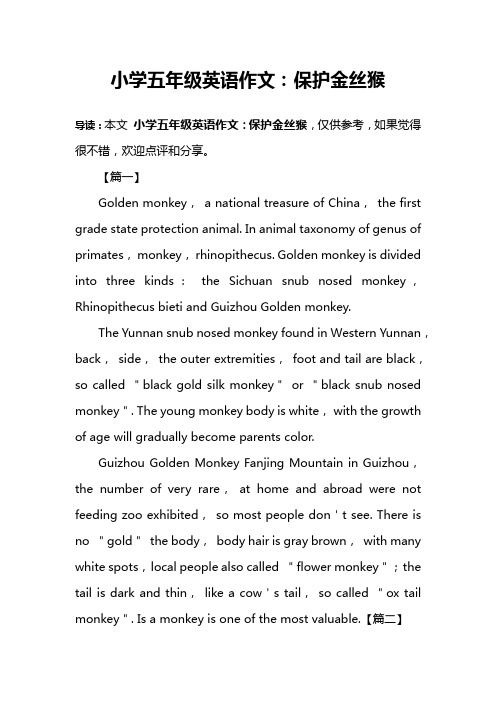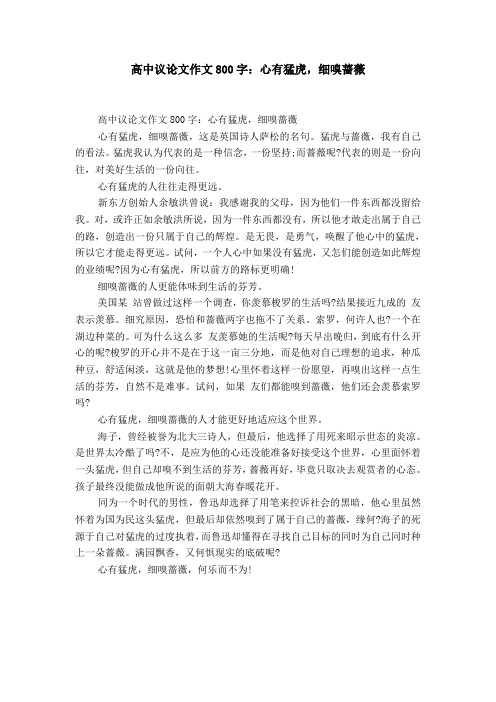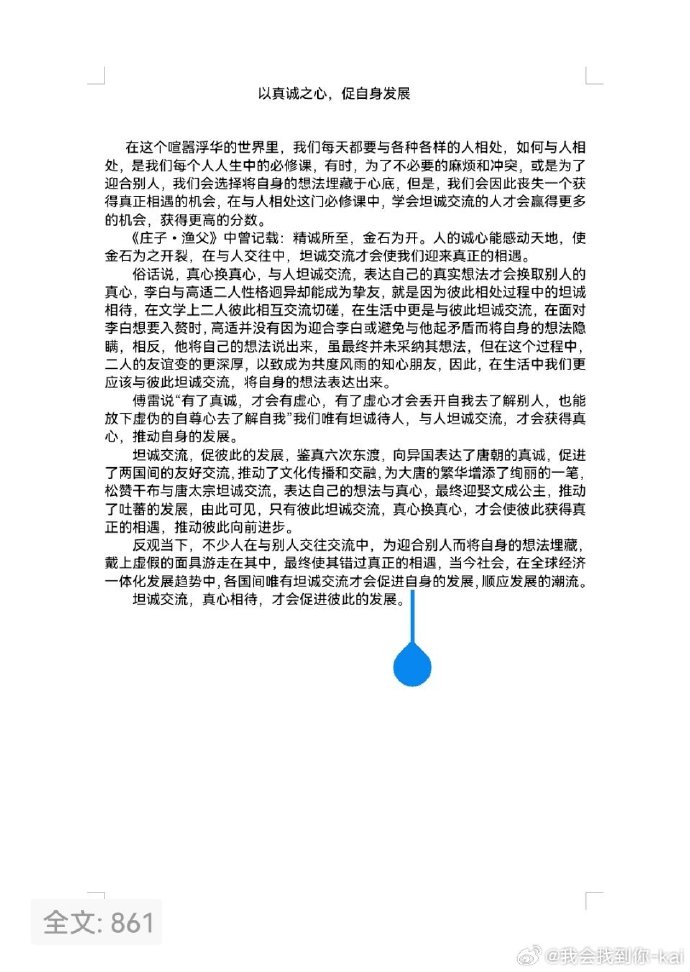In today's modern world, the Internet has become an integral part of our daily lives. It has revolutionized the way we communicate, learn, work, and entertain ourselves. The impact of the Internet is far-reaching and has both positive and negative aspects. In this essay, I will discuss the various aspects of the Internet and its influence on our society.
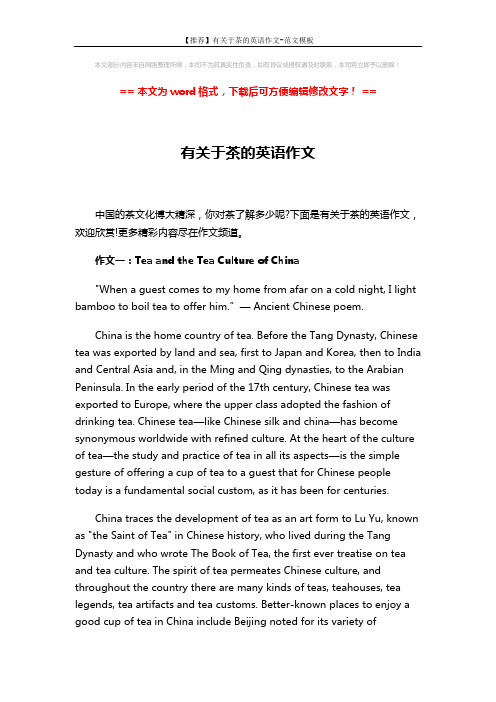
To begin with, the Internet has greatly improved communication. With the advent of social media platforms, email, and instant messaging apps, it has become easier than ever to connect with people from all over the world. For example, families who are separated by long distances can now easily keep in touch through video calls. Businesses can also communicate more efficiently with their clients and partners, leading to increased productivity and collaboration. However, this constant connectivity can also have its drawbacks. People may become too reliant on virtual communication and lose the ability to have meaningful face-to-face interactions.
Furthermore, the Internet has transformed the way we access information and learn. Online educational resources such as MOOCs (Massive Open Online Courses) provide opportunities for people to acquire new knowledge and skills at their own pace. Students can research topics more deeply and access a wealth of information that was previously unavailable. Teachers can also incorporate multimedia into their lessons, making learning more engaging. But along with these benefits comes the challenge of information overload and the spread of misinformation. Anyone can publish online content, which means that not all information on the Internet is accurate or reliable.
The Internet has also had a significant impact on the job market. Many jobs now require some level of computer literacy and online skills. Remote work has become increasingly common due to the connectivity provided by the Internet. This allows companies to hire talent from around the world and employees to work in a more flexible environment. On the other hand, automation and outsourcing enabled by the Internet have led to job losses in some industries. Workers need to constantly upgrade their skills to stay competitive in the digital age.
When it comes to entertainment, the Internet offers a seemingly endless array of options. Streaming services like Netflix, Hulu, and Spotify allow us to watch movies, TV shows, and listen to music anytime and anywhere. Online gaming communities have grown exponentially, providing a platform for people to socialize and compete with others globally. Yet, excessive use of these entertainment forms can lead to addiction and a sedentary lifestyle. Some people may spend so much time online that they neglect their real-life responsibilities and relationships.
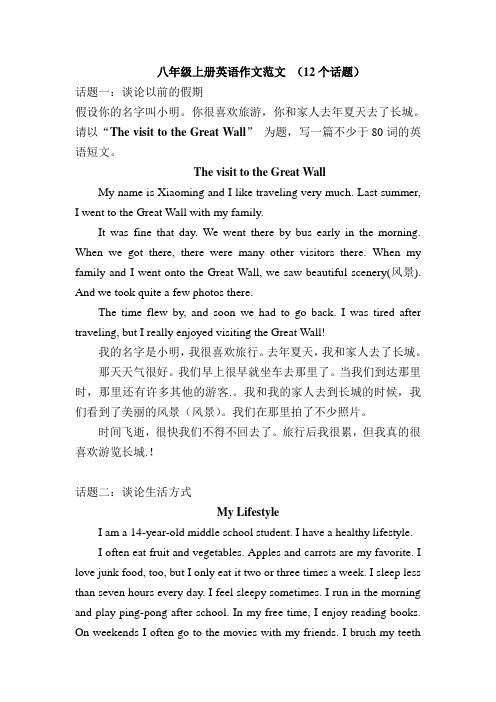
In conclusion, the Internet is a powerful tool that has brought about numerous benefits to our society. It has enhanced communication, facilitated learning, expanded job opportunities, and provided diverse entertainment. However, we must also be aware of its potential downsides such as the erosion of face-to-face interaction, misinformation, job displacement, and entertainment overindulgence. As users of the Internet, we need to use it responsibly and make the most of its positive aspects while mitigating its negative effects. Only then can we truly harness the power of the Internet for the betterment of our lives and society as a whole.
文章大纲:1.互联网改善了交流,如社交软件使远距离沟通便捷,但也存在过度依赖虚拟交流、忽视面对面互动的问题。
2.网络改变信息获取与学习方式,有在线教育资源等好处,却也面临信息过载与虚假信息传播的挑战。
3.对就业市场影响大,催生远程工作等新形式,但也因自动化等导致部分岗位流失,要求员工不断提升技能。
4.娱乐方面,提供多种选择但可能致沉迷等不良后果。
5.总结互联网利弊,倡导负责任使用以发挥其积极作用、减少负面影响,从而利用其推动生活与社会进步。
未经允许不得转载:» 关于网络的英语作文(English composition about the network.)

 佰一阅读网
佰一阅读网

